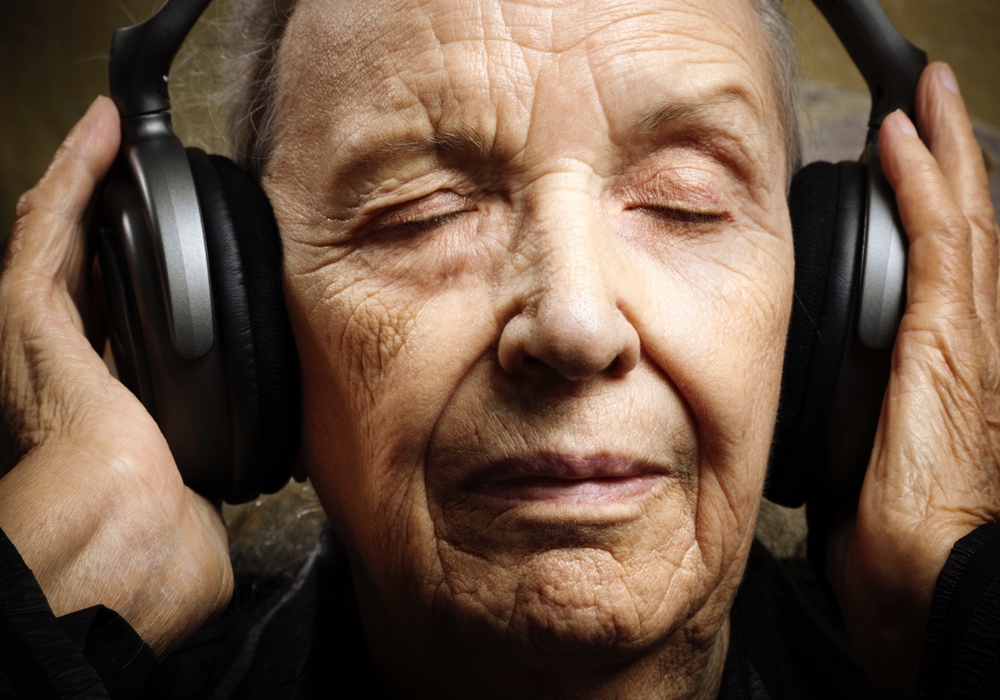We know lullabies soothe babies at bedtime. Music can do the same for seniors — roughly 40 percent of whom report they experience insomnia.
Poor sleep can contribute to an increased risk of dementia, as well as an earlier death, so getting a good night’s sleep is especially important for older adults. But getting enough zzz’s can be difficult for this population since sleep cycles change with age.
That’s why a recent finding that listening to music before bedtime can help people sleep is welcome news. But there’s a hitch: not every kind of tune makes us drowsy.Music therapy might be the first line of therapy to recommend in older adults with sleep disturbances. It could reduce the need for dependence on sedatives and sleeping medications.
Seniors who listened to music, tuned in between 30 minutes to an hour over a period between two days to three months and listened to either calming music with a smooth melody (and a slow tempo of 60 to 80 beats per minute) or louder and faster more rhythmic music.
All the subjects answered a questionnaire designed by the Pittsburgh Sleep Quality Index (PSQI) and received a score between zero to twenty-one. The researchers compared the scores in three ways: those who listened to music with those who didn’t; those who listened to calm as opposed to more stimulating, percussive music; and those who had listened to music for less than four weeks as compared to those who listened for more than four weeks.
Listening to calming music at bedtime improves sleep quality in older adults, and is much more effective than listening to something livelier, they found. Even better, the longer you listen and make relaxing tunes part of your bedtime ritual, the more beneficial music becomes.
“Music therapy might be the first line of therapy to recommend in older adults with sleep disturbances, which would reduce the need for dependence on sedatives and sleeping medication,” the study’s authors write.
- Reduce pain during various medical procedures (including colonoscopies, cardiac angiography and knee surgery) and offers overall relief to arthritis patients
- Lower the need for opioids for post-surgery
- Help restore lost speech in stroke patients
- Lessen the nausea and anxiety associated with cancer treatments
- Help people in physical therapy and rehab stick to exercise routines
- Improve the quality of life for dementia patients by relieving stress
If you’re interested in contacting a professionally trained music therapist, check out the website of the American Music Therapy Association (AMTA).
The study is published in the Journal of the American Geriatric Society.





